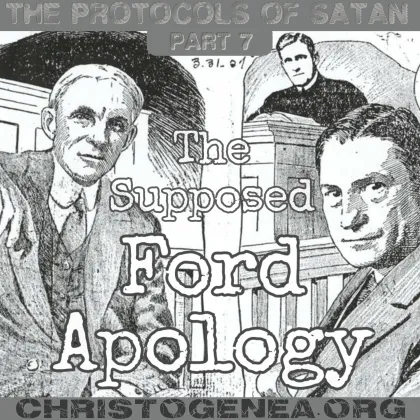Libertarianism Cannot be Christian

Libertarianism cannot be Christian, updated October 31st, 2015
Before I begin, I want to define Libertarianism. So for that I will simply employ the default definition which appears on the Google search page for the term:
Libertarianism (Latin: liber, "free") is a political philosophy that upholds liberty as its principal objective. Libertarians seek to maximize autonomy and freedom of choice, emphasizing political freedom, voluntary association, and the primacy of individual judgment.
I was inspired to make this presentation tonight in part because here in the United States the long and arduous political season is upon us once again, in part we are constantly confronted with so-called Christian Libertarians in social media, and in part because a few weeks ago I saw a three-part series of articles on the internet from a website which calls itself The Libertarian Republic, which are titled Why Christians Make Great Libertarians. The articles were quite repulsive, as they reflect an absolute lack of true Christian understanding. So we are going to proceed by presenting part of the first in that series of articles, small portions of the others, and offering some criticism. The first article opens by saying that:
In 1932, the Christian apologist G.K. Chesterton expressed concern that many people were according the government with a trust and reverence that ought to be reserved only for God. Chesterton’s admonition was not only prophetic, but rooted in the deepest mainspring of Christianity’s past; he was echoing words spoken by the prophet Samuel nearly three thousand years ago.








 Please click here for our mailing list sign-up page.
Please click here for our mailing list sign-up page.








Recent comments